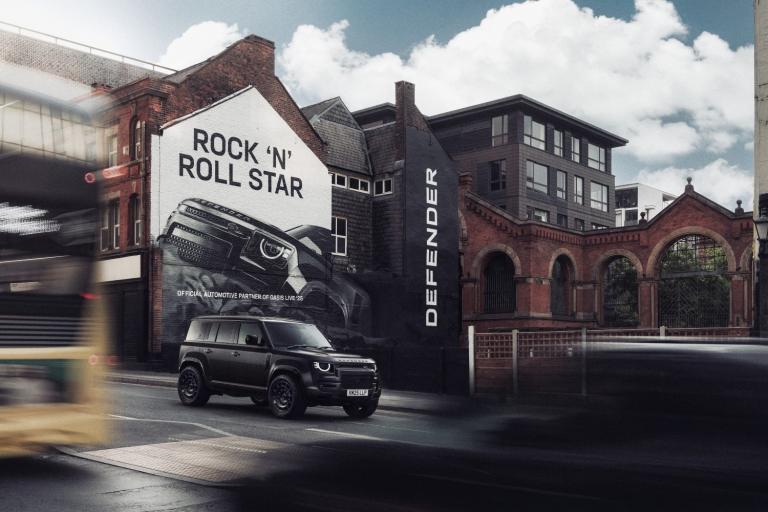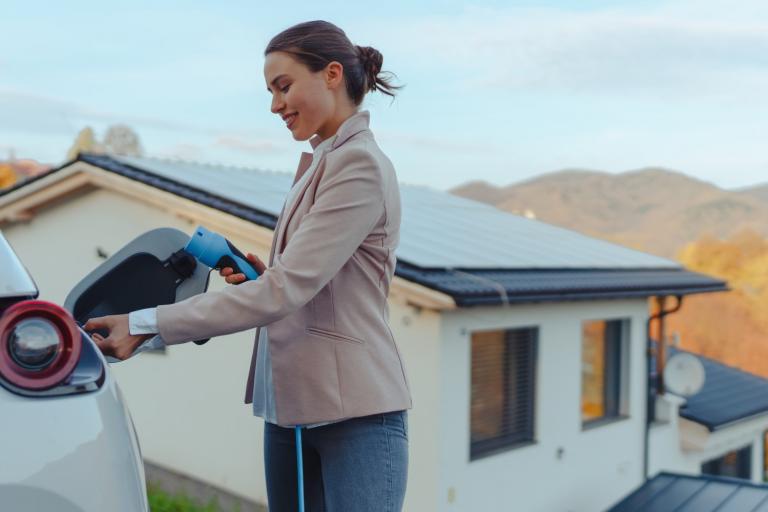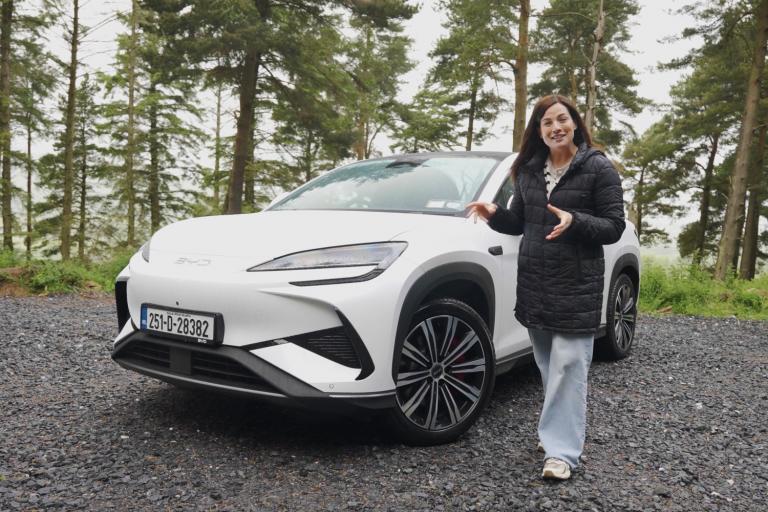Revealed: How Ireland's 10 best-selling cars are affected by new VRT system
Published on 15 October, 2020
MOST of the country’s 10 best-selling cars have escaped largely unscathed
Overview
MOST of the country’s 10 best-selling cars have escaped largely unscathed from the new VRT system, according to an Independent.ie survey.
That will come as a welcome surprise to many who feared they faced large increases when they go to buy their favourite new car.
It has been estimated by some motor industry experts that the average family car would rise by upwards of €1,000 and that some larger petrol models, especially SUVs, would be hit by increases of €7,000 magnitude.
That may well be the case for specific genres – such as some SUVs, big 4x4s and luxury vehicles - but for the majority of the 10 most widely bought models in the country there are relatively small rises and reductions, our survey found.
Coinciding with that, many distributors are banking on imminent new ‘greener and cleaner’ models to reduce emissions and VRT charges in time for January.
And there is heavy emphasis being placed on the fact that brands have, or will have, more electric vehicles (EVs), hybrids and plug-in hybrids ready for 2021 sale. They will all help shift the buying focus to 'electric'.
Sources also pointed to the big difference in VRT between cars with recently upgraded fossil-fuel engines and those awaiting improved power sources.
In some cases too, minor differences can greatly affect price - in one instance to the tune of €4,000 if you buy a manual rather than an automatic.
Here are the details of the new-price ups and downs:
Toyota:
The Corolla hybrid family car will be going from 14pc to 12.75pc VRT – and that means a price drop of up to €360, Toyota say.
And the C-HR compact crossover will benefit from VRT savings of up to €530, the distributors claim.
They say the new Yaris petrol will enjoy up to 3.5pc of a VRT reduction. The range starts from €18,595.
Hyundai:
The distributors insist that the new Tucson mid-sized SUV will not increase in price - due to an improved new diesel engine and the introduction of a new hybrid version for January.
However, they see the price of their Kona compact crossover going up by around €350 on average.
Volkswagen:
Some versions of their top-selling Tiguan and Tiguan Allspace family SUVs are set to increase by around €4,000 – as things stand for the current 2-litre TDi DSG automatic. But the picture transforms dramatically if you choose one with manual transmission. In that case the price drops by €142.
There is a new model arriving for January sales with a fresh engine line-up, which will later include an eHybrid plug-in. And that plug-in is expected to have CO2 emissions under 50g/km, placing it in the lowest VRT band of 7pc.
The Golf meantime faces a modest (€76) increase for the likes of the 2-litre TDI 115hp version. The 1-litre TSI 80hp petrol goes up €88, but the new GTI model comes down by €589.
In all, Volkswagen say that for the New Year they will have eight models with emissions lower than the critical 50g/km - which means 7pc VRT.
Škoda:
The new Octavia family car comes down in price by an average of €150 across the range.
Nissan:
Their big-selling diesel version of the Qashqai crossover will increase in price by as much as €1,400.
*Ford:
They said they were calculating outcomes of the Budget changes and were not in a position to furnish pricing details on the likes of the Focus for a few days.
Ireland’s favourite cars
1. Toyota Corolla
2 Hyundai Tucson
3 Volkswagen Tiguan
4 Ford Focus
5 Hyundai Kona
6 Toyota C-HR
7 Skoda Octavia
8 Volkswagen Golf
9 Nissan Qashqai
10 Toyota Yaris
(Table courtesy SIMI)
Latest Reviews

Rock n Roll Star - Defender partners with Oasis Live

GEV Technologies Powers Smarter EV Charging for Fleets and Businesses

BYD Sealion 7 Video Review